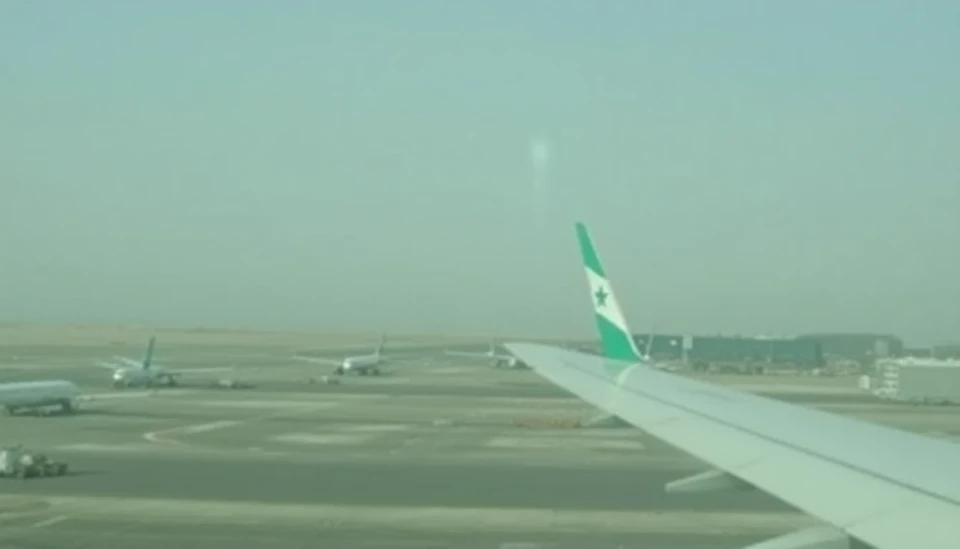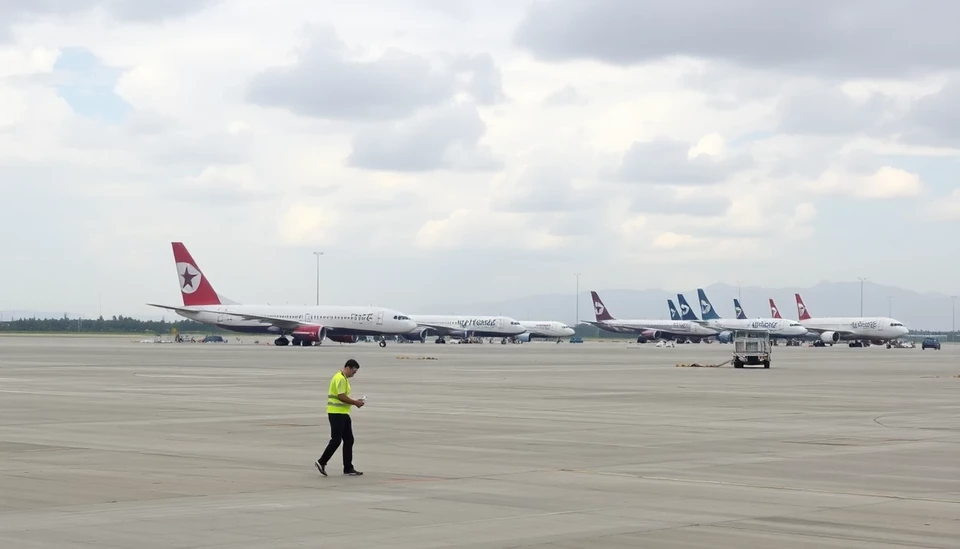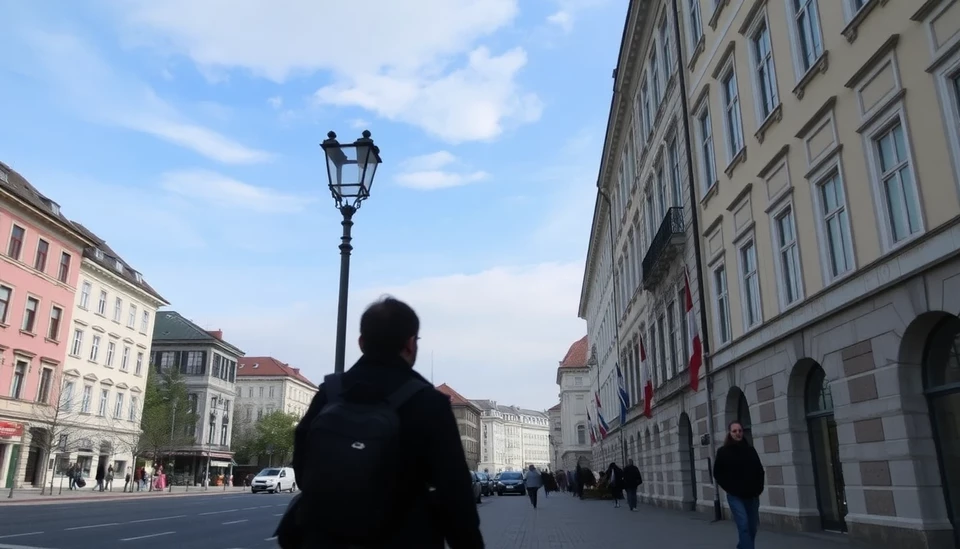
In a significant development for the war-torn nation, Syria's airports have officially resumed flight operations, marking a turning point since the decline of President Bashar al-Assad's regime. This momentous occasion comes as various air travel routes are opened up, encouraging a sense of normalcy in a country that has experienced years of conflict and turmoil.
The reopening of airports is not merely a logistical move but also holds symbolic value for the Syrian government as it attempts to restore its image and re-establish connectivity with the outside world. Amid ongoing discussions regarding peace and reconstruction, authorities are hoping that improved air travel can stimulate both tourism and economic activity, which have been severely hampered over the last decade.
The first commercial flight took off from Damascus International Airport, celebrated as a beacon of hope and resilience amid the wreckage that is synonymous with Syria's recent history. This initial flight signalizes a pathway to recovery, not just physically but also psychologically for a populace that has been yearning for a sense of normalcy and stability.
Reports indicate that various airlines are preparing to launch new routes, with a particular focus on neighboring countries. These connections will enable Syrians abroad to visit family and friends and foster a revival of travel and trade, which are vital components for rebuilding a shattered economy.
Interestingly, the timing of this reopening coincides with a backdrop of fluctuating geopolitical dynamics in the region. Although Syria remains under significant international scrutiny, and the Assad government faces numerous challenges, the revival of air travel points to a palpable shift towards rehabilitation and reintegration into regional frameworks. Stakeholders from different countries are cautiously optimistic that this initiative will serve as a foundation for broader diplomatic engagement in the future.
The reopening of airports presents both opportunities and challenges. Security measures and infrastructure improvements will need to be prioritized to ensure safety and efficiency for travelers. International agencies and governments will likely monitor these developments closely to assess their implications for regional stability and humanitarian efforts.
As flights resume, the government is keen to assure travelers of their safety, given the historical context of conflict that has lingered in the nation. Enhanced security protocols will be introduced to bolster confidence among potential tourists and business travelers. Meanwhile, travel agencies are preparing promotional campaigns geared towards enticing visitors back into Syria, highlighting its rich cultural heritage that had long been overshadowed by violence.
Public sentiment appears cautiously positive, with many people expressing hope that the return of air travel could herald a new era of peace and prosperity in Syria. While the specter of past conflicts lingers, the very act of resuming flights is seen as a crucial step towards rebuilding relationships both domestically and internationally.
In conclusion, the reopening of Syria's airports is a powerful testament to resilience amidst adversity. As the nation embarks on this new chapter, there remains collective hope that air travel will facilitate significant economic revival and pave the way for lasting peace and stability.
#Syria #AirTravel #Reopening #Geopolitics #Resilience #BasharAlAssad #TravelRecovery
Author: Samuel Brooks




